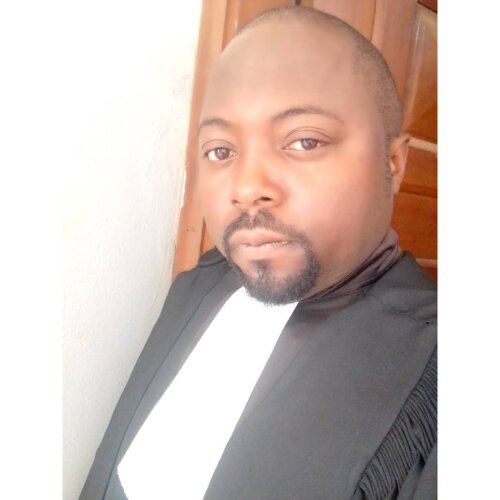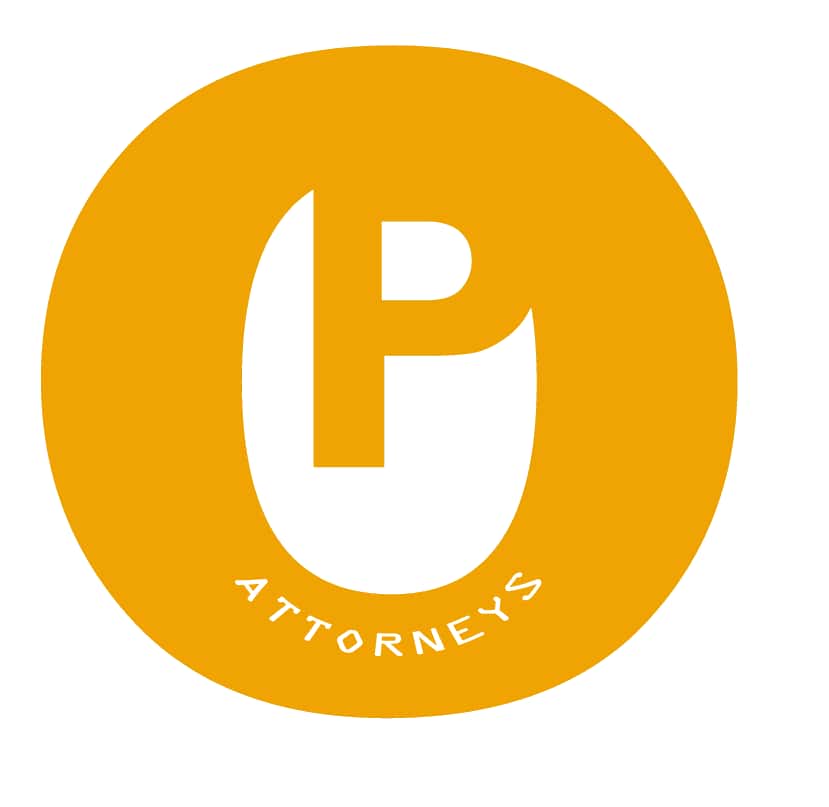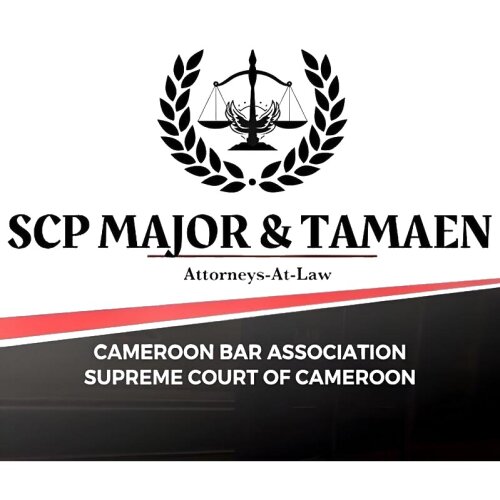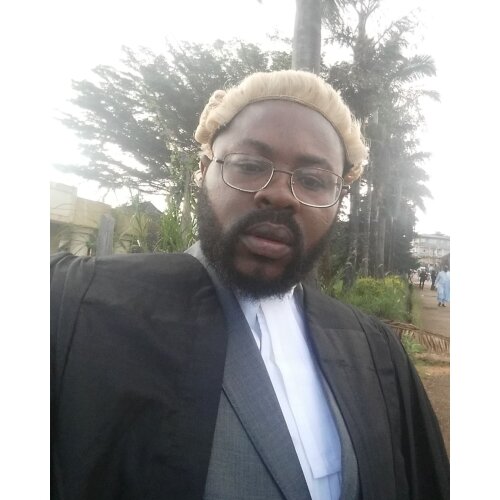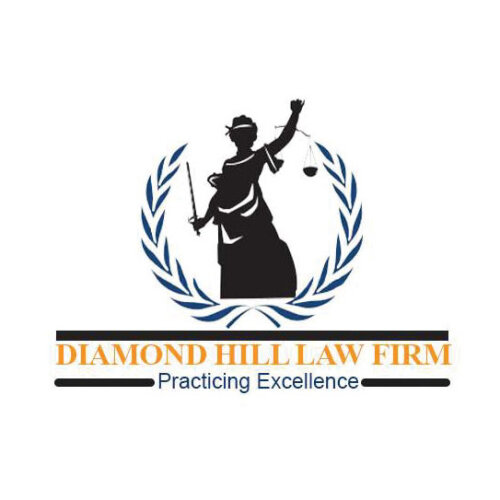Best Renewable & Alternative Energy Lawyers in Cameroon
Share your needs with us, get contacted by law firms.
Free. Takes 2 min.
Or refine your search by selecting a city:
List of the best lawyers in Cameroon
Legal guides written by CHI & Partners Law Firm:
- Ship Registration in Cameroon
About Renewable & Alternative Energy Law in Cameroon
Renewable and alternative energy has become increasingly important in Cameroon due to the country's commitment to sustainable development, climate change mitigation, and the need for diversified energy sources. Cameroon is rich in renewable resources such as hydropower, solar, biomass, and wind energy. The government has launched several initiatives to encourage private and public investments in renewable energy. The legal framework is evolving and aims to promote local and foreign participation in the energy sector, reduce dependence on fossil fuels, and provide accessible energy to rural and urban communities.
Why You May Need a Lawyer
Legal assistance may be crucial for individuals and organizations involved in the renewable and alternative energy sector in Cameroon. You may need a lawyer if you are:
- Starting a renewable energy project and need advice on permits or licences
- Negotiating land acquisition or community agreements
- Seeking investment or forming partnerships with local or international stakeholders
- Facing regulatory compliance issues regarding environmental standards
- Dealing with disputes involving contracts or government agencies
- Navigating incentives, tax exemptions, or tariffs for renewable energy
- Protecting intellectual property related to renewable energy technology
- Importing or exporting renewable energy equipment
Having a qualified legal professional ensures you follow regulations, avoid costly mistakes, and protect your interests in this dynamic sector.
Local Laws Overview
Several key laws and policies shape the renewable and alternative energy sector in Cameroon. Significant legislative elements include:
- The Electricity Law (Law No. 2011/022 of 14 December 2011) which regulates the production, transmission, distribution, and commercialization of electricity, including renewable sources
- Renewable Energy Policy frameworks, providing incentives and guidelines for renewable projects
- Investment codes that provide tax and customs exemptions for renewable energy projects
- Land and environmental regulations guiding site acquisition, environmental impact assessments, and community rights
- Procedures for grid connection, licensing, and power purchase agreements (PPAs)
- International agreements to which Cameroon is a party, such as the Paris Agreement, which influence local policies on renewable energy and emissions reduction
Compliance with local laws and understanding regulatory procedures are essential for successful renewable and alternative energy initiatives in Cameroon.
Frequently Asked Questions
What types of renewable energy resources are most common in Cameroon?
Cameroon primarily uses hydropower, but solar, biomass, and wind energy are increasingly being developed, especially for off-grid and rural electrification projects.
Do I need a permit to set up a solar energy business in Cameroon?
Yes. Permits and licenses are required to set up any energy generation business. The process depends on the size and type of your project and may involve submitting an application to the Ministry of Water Resources and Energy and other authorities.
Are there tax exemptions or incentives available for renewable energy projects?
Cameroon’s investment code provides tax exemptions and customs duty relief for renewable energy equipment and projects. Specific incentives may depend on the investment scale and location.
How is land acquisition handled for renewable energy projects?
You must negotiate land rights with landowners and, in many cases, with local communities. Environmental impact assessments and government approvals are required before land can be developed for energy purposes.
What is the process for connecting a renewable energy project to the national grid?
Connecting to the national grid involves technical and administrative procedures, including obtaining a license, meeting grid standards, and negotiating a power purchase agreement with local authorities and the electricity utility.
Can foreign investors participate in Cameroon’s renewable energy sector?
Yes, foreign investors are encouraged and can partner with local stakeholders, subject to compliance with investment, land, and energy sector regulations.
What environmental regulations must be considered?
All projects must comply with environmental protection laws. This includes conducting environmental and social impact assessments and obtaining approval from relevant authorities.
What kind of disputes may arise in this sector?
Disputes may involve land use, contract performance, community relations, regulatory compliance, or project financing. Early legal advice can help prevent and resolve such issues.
How can small businesses or individuals secure funding for renewable energy projects?
Funding can be sourced from government programs, local and international financial institutions, donor agencies, and private investors. Legal assistance can help navigate application processes and financing agreements.
What should I know about off-grid and mini-grid renewable energy projects?
Off-grid and mini-grid projects are subject to specific regulations focusing on rural electrification. Permits, technical standards, and community agreements may be required for operation.
Additional Resources
If you need more information or assistance in renewable and alternative energy, you may consult the following organizations and authorities:
- Ministry of Water Resources and Energy of Cameroon
- Rural Electrification Agency (AER)
- Energy Sector Regulatory Agency (ARSEL)
- MINMIDT - Ministry of Mines, Industry and Technological Development
- Chamber of Commerce, Industry, Mines and Crafts of Cameroon
- Cameroon Renewable Energy Association
- Local law firms with renewable energy expertise
- Non-governmental organizations focused on sustainable energy
Next Steps
If you require legal assistance in renewable and alternative energy in Cameroon, consider the following steps:
- Define your project or legal issue clearly
- Gather all relevant documents and information
- Consult licensed lawyers or legal experts specializing in energy, investment, and environmental law
- Contact relevant governmental agencies for regulatory guidance
- Review available incentives and comply with all permit requirements
- Seek recommendations or referrals from trusted industry or community sources
Taking these steps will help ensure your renewable or alternative energy project complies with Cameroonian law, maximizes available benefits, and protects your interests throughout the project lifecycle.
Lawzana helps you find the best lawyers and law firms in Cameroon through a curated and pre-screened list of qualified legal professionals. Our platform offers rankings and detailed profiles of attorneys and law firms, allowing you to compare based on practice areas, including Renewable & Alternative Energy, experience, and client feedback.
Each profile includes a description of the firm's areas of practice, client reviews, team members and partners, year of establishment, spoken languages, office locations, contact information, social media presence, and any published articles or resources. Most firms on our platform speak English and are experienced in both local and international legal matters.
Get a quote from top-rated law firms in Cameroon — quickly, securely, and without unnecessary hassle.
Disclaimer:
The information provided on this page is for general informational purposes only and does not constitute legal advice. While we strive to ensure the accuracy and relevance of the content, legal information may change over time, and interpretations of the law can vary. You should always consult with a qualified legal professional for advice specific to your situation.
We disclaim all liability for actions taken or not taken based on the content of this page. If you believe any information is incorrect or outdated, please contact us, and we will review and update it where appropriate.
Browse renewable & alternative energy law firms by city in Cameroon
Refine your search by selecting a city.






